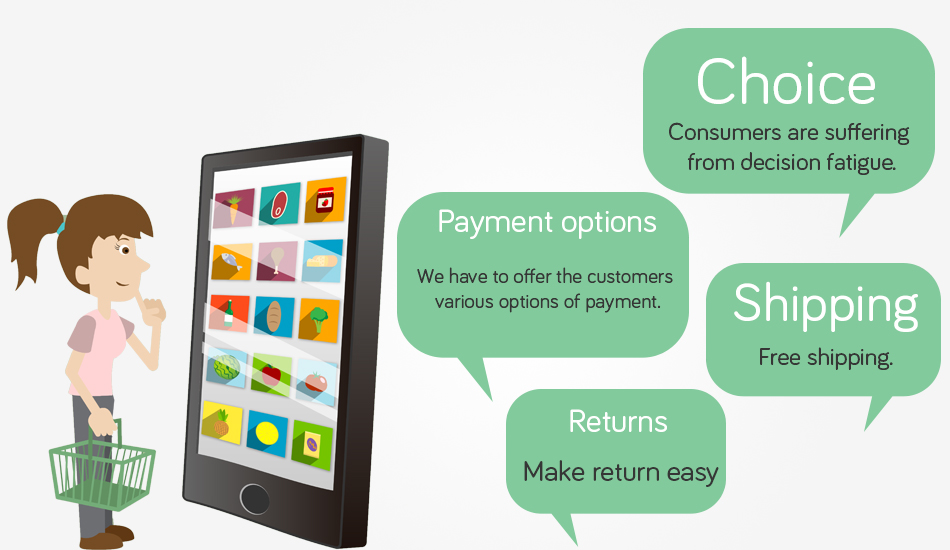day’s business space grows more competitive by the day. There are countless choices customers can settle upon. That is why understanding the process of decision-making your customers are experiencing is what can give your business the advantage.
Stage 1: Awareness
When you are hungry, all you want is food. A need has appeared and now you are seeking to fulfill that need. This is what is occurring every time you capture a new customer – you are fulfilling their need. Hence, the goal of a marketer is to create needs.
There are many ways to do this. You may advertise your business by saying “All work and no play makes Jack a dull boy ….So start travelling now! ” The messages will drive your customers to recognize the needs to enjoy their lives – buying the trip immediately!
Social media can also trigger customer’s needs. Sharing some beautiful photos allures their desire. Imagine yourself seeing a photo of cute puppies. How ambitious you are to pet them?
Stage 2: Information
Now that your customers have a need for a specific product or service, they start hunting for information. Customers usually base their decisions on the product or service description on your website – to see if this product fulfills their need. Thus, try to make as much information available online as possible and, make it easy to navigate to this information.
In addition to your provided information, most customers are all ears to reviews. With 77% of online customers reporting that they read product reviews before making a purchasing decision, the role they play in the process is undeniable. That is why it’s a good idea to make your customers happy and encourage them to share their positive experiences. Mashable have a great resource on tactics for requesting a review.
[cta id=”2091″ vid=”0″]
Stage 3: Decision Time
Once they pass the information gathering stage, it is decision time. There are four boxes you need to tick in order to make the all important sale;
-
- 1. Choice
-
- 2. Payment options
-
- 3. Shipping
-
- 4.Returns

1. Choices they have
Consumers are suffering from decision fatigue. Decision fatigue means one inclines to make worse decision, as a consequence of a long session of decision making. It is due to this choice overload, your customers might stop by, but they won’t buy anything IF you provide more options than they need
Psychologist Sheena Lyengar conducted a study at a grocery store to see how customers make decisions. She set up two booths selling jam – one with 24 kinds of jam and the other one with only 6. Surprisingly, it turned out the booth with less jam types had more sales.
This research is further backed up by a study from Barry Schwartz. In his study he also found that a large number of choices reduce freedom among the customers, and that they decide quicker when presented with an appropriate number of choices.
2. Payment options
This is a bit in contrast to the product choice. The ultimate goal of business is to make a sale. Thus, we have to offer the customers various options of payment.
Whether they want to pay with a Visa card, Mastercard, Amex, Paypal or any other form – you want to be able to provide it to them.
3. Shipping
Unconditional free shipping is the number 1 criterion for making a purchase online. 47% of shoppers claimed that they would not proceed through the checkout if they found free shipping is not included.
4. Returns
This is a kind of after-sales service. Customers are far more satisfied if you have a return policy. Several businesses make the mistake of making returns a big deal and general hassle for the customer.
Making it easy means telling your customers that you care more about them than your bottom line. It’s okay to not satisfy them all of the time. The best thing you can do is to understand them, and have faith in the idea that one costly return today is more likely to lead to a long term increase in sales.
“You can’t promise your customers sunny weather, but you can promise to hold an umbrella over them when it rains” (The Fundamental Principles of Knocks Your Socks Off Service)
[cta id=”2091″ vid=”0″]